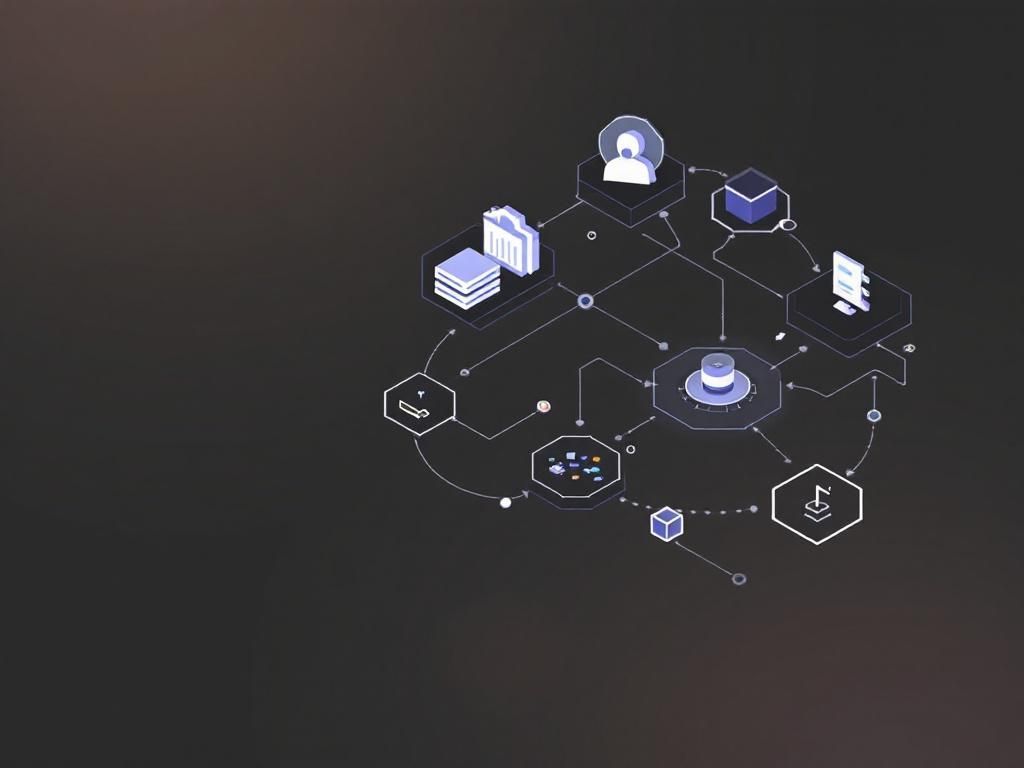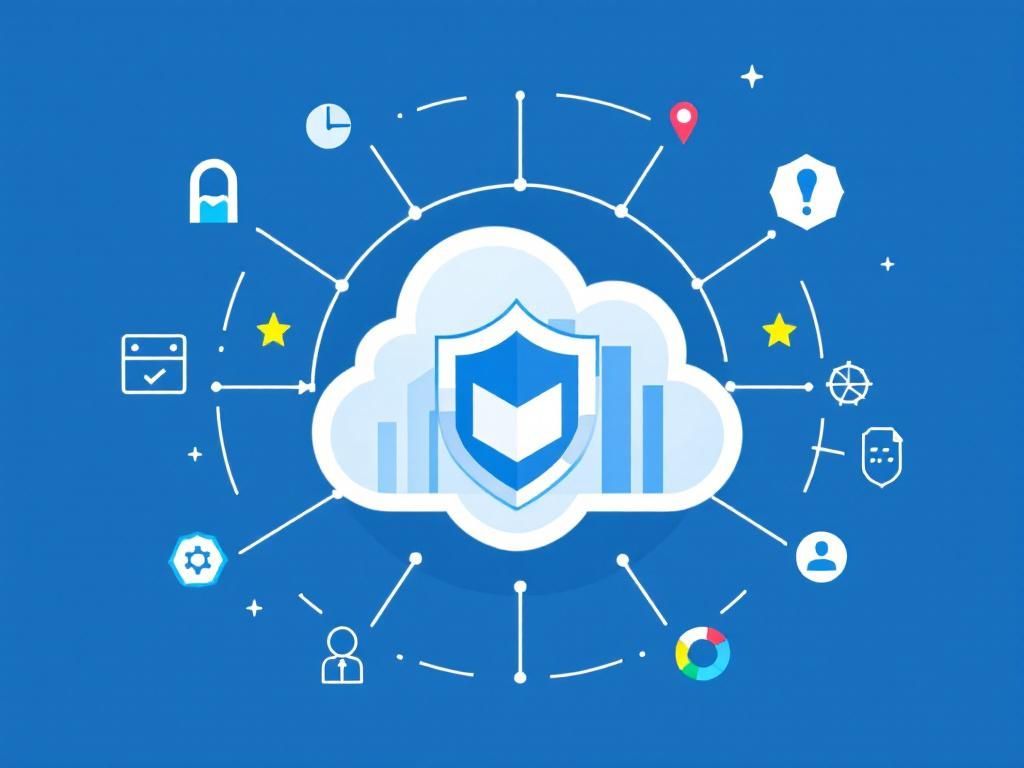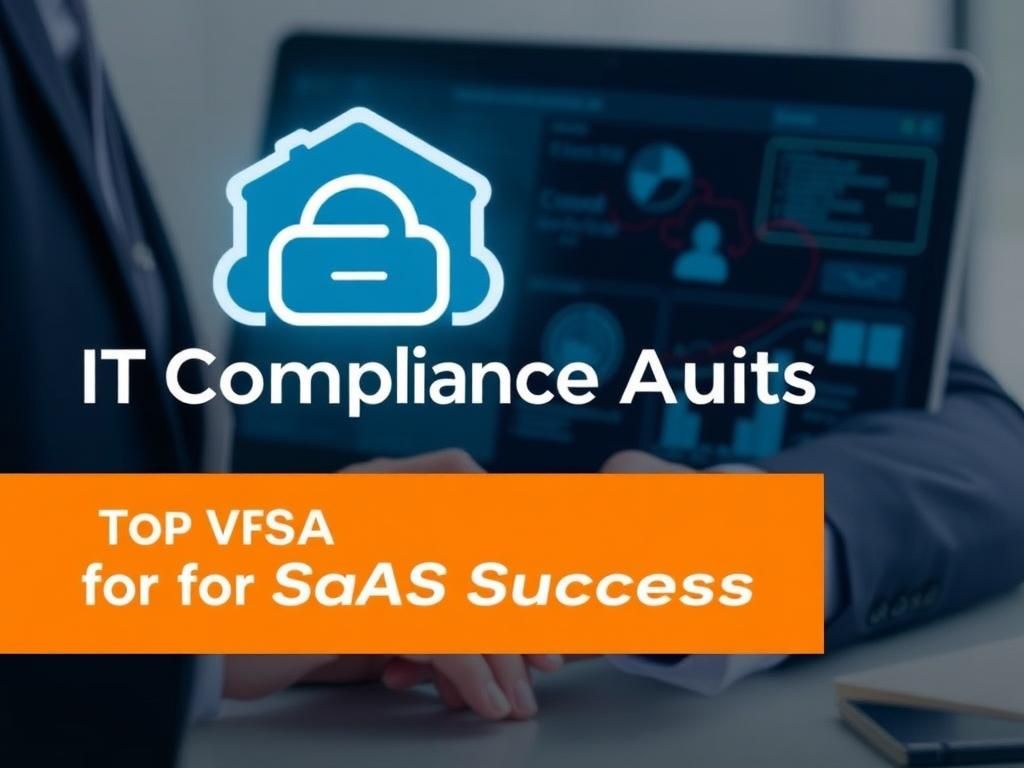Essential IT Compliance Audits for SaaS Companies
Discover the key IT compliance audits every SaaS must know to ensure security, trust, and regulatory adherence in the digital landscape.

In today’s tech-driven landscape, ensuring compliance is not just a formality but a critical aspect that can make or break a Software as a Service (SaaS) business. With diverse regulations emerging globally, every SaaS company must navigate through a maze of compliance requirements to maintain trust and security for their users. This article delves deep into the most significant IT compliance audits every SaaS must be well-acquainted with, helping them to streamline their operations and avoid potential pitfalls.
Table of Contents
Understanding IT Compliance
IT compliance refers to the adherence to laws, regulations, guidelines, and specifications relevant to the technologies used by an organization. For SaaS companies, compliance entails meeting various data protection and privacy standards, which can vary widely based on the geographical regions and industries they operate in.
Why Compliance Matters for SaaS Companies
- Trust Building: Compliance demonstrates to users that their data is handled securely and responsibly.
- Legal Protection: Non-compliance can lead to hefty fines and legal issues.
- Market Advantage: Being compliant can differentiate a company from its competitors.
- Risk Management: Helps in identifying and mitigating risks associated with data breaches.
Key Compliance Audits for SaaS
There are several compliance audits that SaaS companies need to be aware of. Below are some of the most crucial audits.
1. SOC 2 Type II
Service Organization Control (SOC) 2 Type II is essential for technology and cloud computing service providers. This audit assesses the effectiveness of a company’s controls relevant to security, availability, processing integrity, confidentiality, and privacy over a specified period.
Key Elements of SOC 2 Type II:
- Security: Protection against unauthorized access.
- Availability: Accessibility of the system as stipulated in service-level agreements.
- Processing Integrity: System processing is complete, valid, accurate, and authorized.
- Confidentiality: Protection of confidential information.
- Privacy: Protection of personal information.
2. GDPR Compliance
The General Data Protection Regulation (GDPR) has set a high standard for data protection and privacy in the European Union. Any SaaS company handling personal data of EU citizens must comply with GDPR requirements.
Key Aspects of GDPR:
- Data Protection: Organizations must ensure that personal data is processed lawfully and transparently.
- User Rights: Users have rights regarding their data, including access, correction, and deletion.
- Data Breach Notifications: Companies must notify authorities and affected individuals of a data breach within 72 hours.
3. HIPAA Compliance
The Health Insurance Portability and Accountability Act (HIPAA) sets standards for the protection of health information in the United States. SaaS companies that handle protected health information (PHI) must become HIPAA-compliant.
Requirements under HIPAA:
| Requirement | Description |
|---|---|
| Privacy Rule | Establishes national standards for the protection of PHI. |
| Security Rule | Sets standards for safeguarding electronic PHI (ePHI). |
| Transaction and Code Sets Rule | Standardizes the electronic exchange of health-related data. |
| Identifier Standards | Assigns unique identifiers to healthcare providers and health plans. |
Preparing for Compliance Audits
Being prepared for compliance audits is crucial for any SaaS company. Here are some steps you can take to ensure readiness:
1. Conduct Internal Audits
Regular internal assessments can help identify gaps in compliance and allow for timely remediation.
2. Document Everything
Maintain detailed records of policies, procedures, and data handling practices. This documentation will be vital during audits.
3. Train Employees
Ensure that your staff is well-trained on compliance requirements and the importance of maintaining compliance in their daily tasks.
4. Engage Third-Party Experts
Consider hiring compliance experts or consultants to evaluate your practices and provide guidance for improvement.
Challenges in IT Compliance
While compliance is essential, it does come with challenges:
- Changing Regulations: Keeping up with new and evolving regulations can be difficult.
- Resource Intensive: Compliance programs can require significant time and financial investment.
- Complexity: The intricate nature of compliance requirements can lead to confusion.
Future Trends in IT Compliance
The landscape of IT compliance is continually evolving. Below are some trends to watch for:
1. Increased Automation
Automation tools are becoming more prevalent, enabling SaaS companies to streamline compliance processes efficiently.
2. Data Privacy Regulations
With increasing concerns about user data, more stringent data privacy laws are expected to emerge globally.
3. Enhanced Risk Management
Companies will focus more on proactive risk management strategies to mitigate compliance-related risks.
Conclusion
IT compliance is not merely a box-ticking exercise; it is a comprehensive approach to managing information security, user trust, and legal obligations. As the SaaS landscape continues to grow, understanding and implementing these compliance audits becomes increasingly crucial. By being proactive and informed, SaaS companies can navigate the complexities of compliance and build robust systems that not only meet but exceed regulatory expectations.
FAQ
What are the most common IT compliance audits for SaaS companies?
The most common IT compliance audits for SaaS companies include SOC 2, ISO 27001, GDPR compliance audits, HIPAA compliance audits, and PCI DSS assessments.
Why is IT compliance important for SaaS businesses?
IT compliance is crucial for SaaS businesses as it helps protect sensitive data, ensures legal adherence, enhances customer trust, and mitigates the risk of data breaches.
How often should SaaS companies conduct IT compliance audits?
SaaS companies should conduct IT compliance audits at least annually, but more frequent assessments may be necessary based on regulatory changes or business growth.
What are the benefits of SOC 2 compliance for SaaS providers?
SOC 2 compliance provides SaaS providers with a competitive edge, builds customer trust, and demonstrates a commitment to data security and privacy.
What steps can SaaS companies take to prepare for a compliance audit?
SaaS companies can prepare for a compliance audit by conducting internal assessments, documenting policies and procedures, training staff, and ensuring all security measures are in place.
What is the role of third-party vendors in SaaS compliance audits?
Third-party vendors play a critical role in SaaS compliance audits, as their practices can impact overall compliance, necessitating thorough vendor risk assessments and management.




